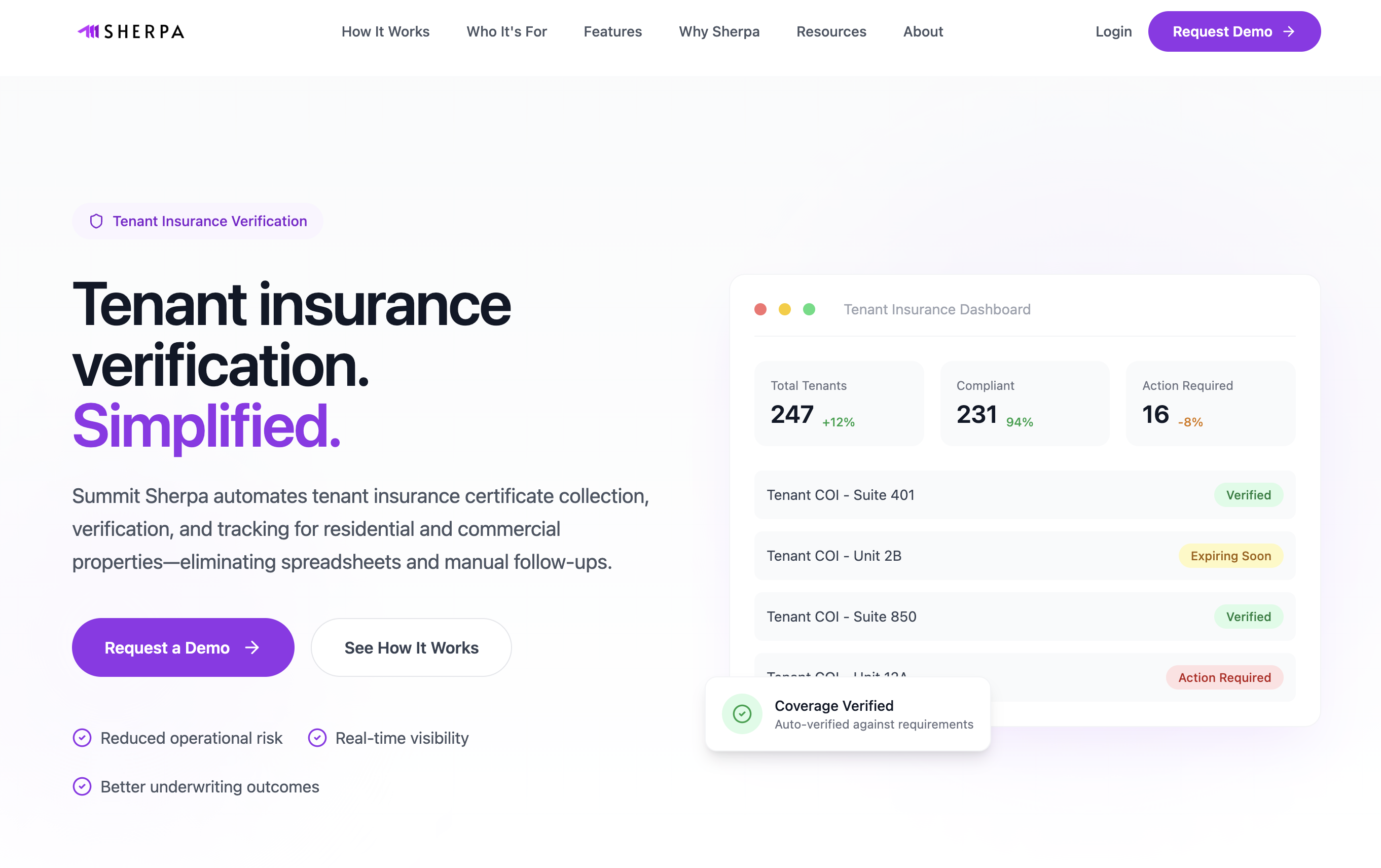.jpg)
In an age where technological advancements are reshaping nearly every sector, the insurance industry stands at the forefront of innovation. The integration of cutting-edge technology has brought about remarkable changes, transforming how insurance services are delivered, experienced, and managed. From streamlining operations to enhancing customer experiences, technology is revolutionizing the insurance landscape at an unprecedented pace. But how technology is changing the insurance industry?
What is the Role of Technology in the Insurance Sector?
Technology is multi-faceted for the insurer, affecting all facets of the insuring field.
1. Automation and Operational Efficiency
- Streamlining Processes: Technology automates manual tasks like underwriting, claims processing, and policy issuance, leading to faster turnaround times and reduced human errors.
- Enhanced Efficiency: Automation boosts operational efficiency by optimizing workflows, reducing paperwork, and increasing the speed of service delivery.
2. Data Analytics and Insights
- Utilization of Big Data: Insurers can collect, analyze, and leverage large volumes of data to understand customer behavior, assess risks more accurately, and personalize insurance offerings.
- Predictive Analytics: Advanced analytics tools enable insurers to forecast trends, anticipate risks, and make data-driven decisions, improving underwriting and pricing strategies.
3. Improved Customer Experience
- Digital Platforms: Insurance companies utilize digital platforms and mobile applications to offer user-friendly interfaces for policy management, claims filing, and customer communication.
- Chatbots and AI: AI-powered chatbots provide instant responses to customer queries, offering personalized assistance and improving overall customer satisfaction.
4. Innovation and Insurtech Collaboration
- Insurtech Startups: It fosters the growth of Insurtech startups that introduce disruptive innovations, challenge traditional practices, and drive industry-wide changes.
- Collaborations: Established insurance firms collaborate with Insurtech startups to leverage their technological expertise, resulting in the creation of innovative products and services.
5. Risk Assessment and Fraud Detection
- Telematics and IoT: Technologies like telematics in vehicles and IoT devices generate real-time data, allowing insurers to assess risks more accurately and offer usage-based insurance policies.
- Fraud Detection: Advanced algorithms and machine learning algorithms aid in detecting and preventing fraudulent activities, protecting insurers from financial losses.
But how technology is changing the insurance industry?
Enabling Automation for Efficiency and Precision
Automation is one of the most significant impacts of modernization in the industry. Insurance companies nowadays use advanced algorithms and machine learning or artificial intelligence (AI) that help to increase efficiency while decreasing the human factor. These activities, such as underwriting, claim processing, and risk assessment, are now being carried out by AI-driven systems, which provide fast and precise decision-making.
The systems can quickly process large volumes of information, leading to risk assessment that is more precise and policy packages that are uniquely customized. However, this is also advantageous to insuring agencies, as it speeds up claims settlement and enables better tailoring of policies.
Read more: Professional Services and Technology Insurance
Transforming Customer Engagement with Digital Platforms
Gone are the days when insurance was a paper-heavy industry. The advent of digital platforms and mobile applications has redefined how customers interact with insurance providers. Policy purchases, claims filing, and agent communication can now be seamlessly conducted online, making the process more convenient and accessible.
Moreover, using chatbots and virtual assistants has revolutionized customer service by immediately responding to queries and guiding customers through various processes. These technological innovations have empowered customers, offering them greater control over their coverage needs while fostering a more personalized and responsive experience.
Leveraging Big Data for Informed Decision Making
The abundance of data generated in today's digital age has opened new avenues for insurance companies to gain valuable insights. Through extensive data analysis, insurers can
- better understand customer behavior
- assess risks more accurately
- create more precise pricing models
Telematics devices in vehicles, for instance, enable companies to collect real-time data on driving behavior, allowing for usage-based insurance policies tailored to individual driving habits. Similarly, wearable devices that monitor health metrics contribute to developing personalized health insurance plans. This utilization of big data benefits insurers in risk management and enables them to offer their customers more competitive and customized products.
Read more: Tech and Media Insurance Canada
Embracing Insurtech Startups and Collaborations
Another reason for “how technology is changing the insurance industry?” is the rise of Insurtech startups that have injected fresh ideas and innovation into the traditional industry. These startups leverage technology to
- create disruptive solutions
- challenge established norms
- drive change across the sector
Furthermore, many established companies recognize the potential benefits of collaboration with Insurtech startups. Partnerships and collaborations allow traditional insurers to harness these startups' agility and technological expertise, leading to the development of innovative products, improved operational efficiency, and enhanced customer experiences.
The Future Outlook
The insurance sector will continue to be reshaped to adapt to new technologies. Newer technologies like blockchain, IoT, and machine learning will usher in newer, secure, efficient, and customer-centered insurance processes.
In summary, this union between technology and insurance has displayed the possibility for a positive transformation and creativity. Insurance companies have no choice but to accept these innovative technologies as the industry keeps developing rapidly. Through proper use of technology, insurers can boost services and improve efficiency in their operations, eventually leading to better customer experience.
Still, at SummitCover, we maintain an edge over technological developments because we ensure that we have technology that changes as the needs of our customers change. Visit us today, and let’s live in the tomorrow!



